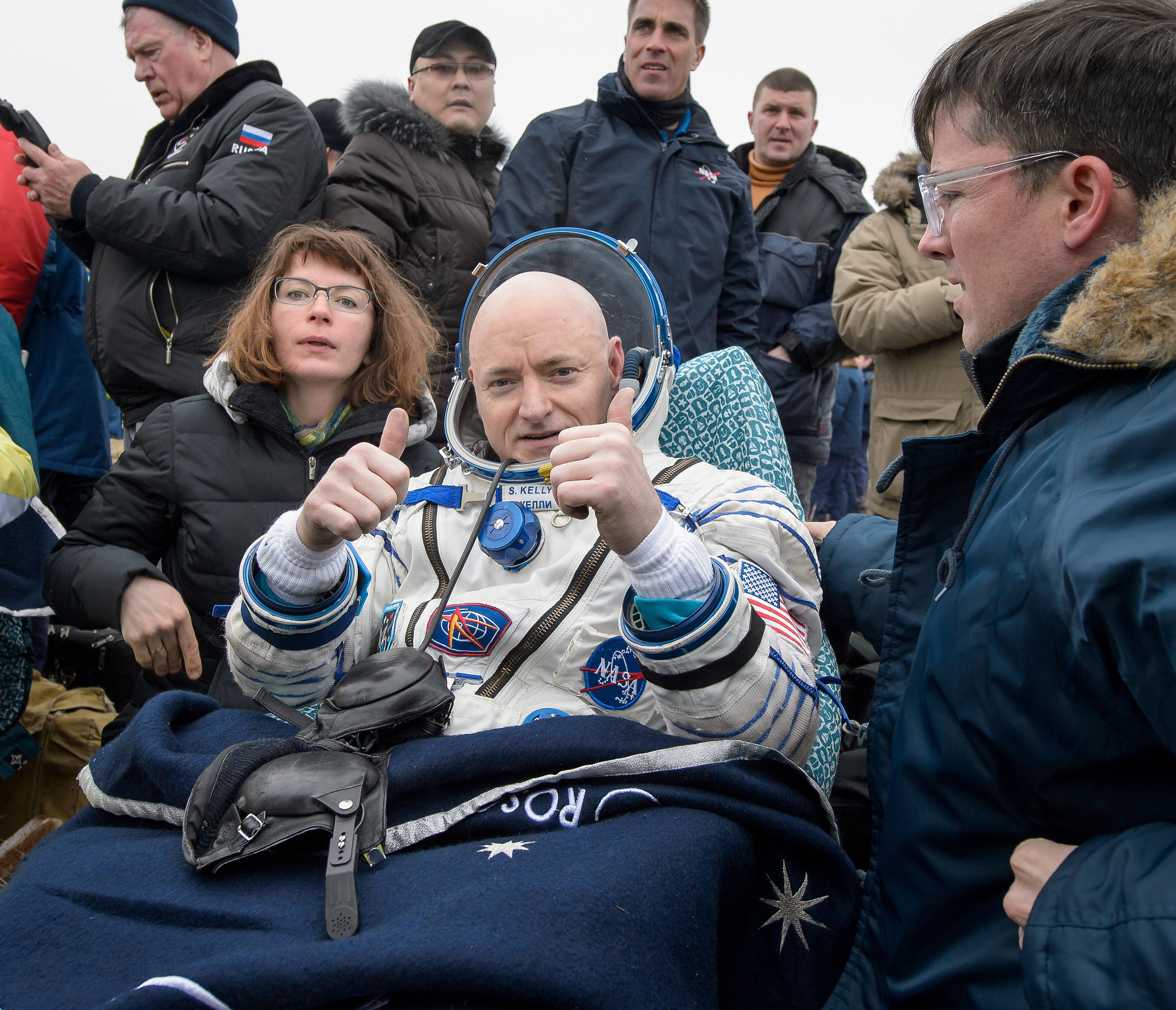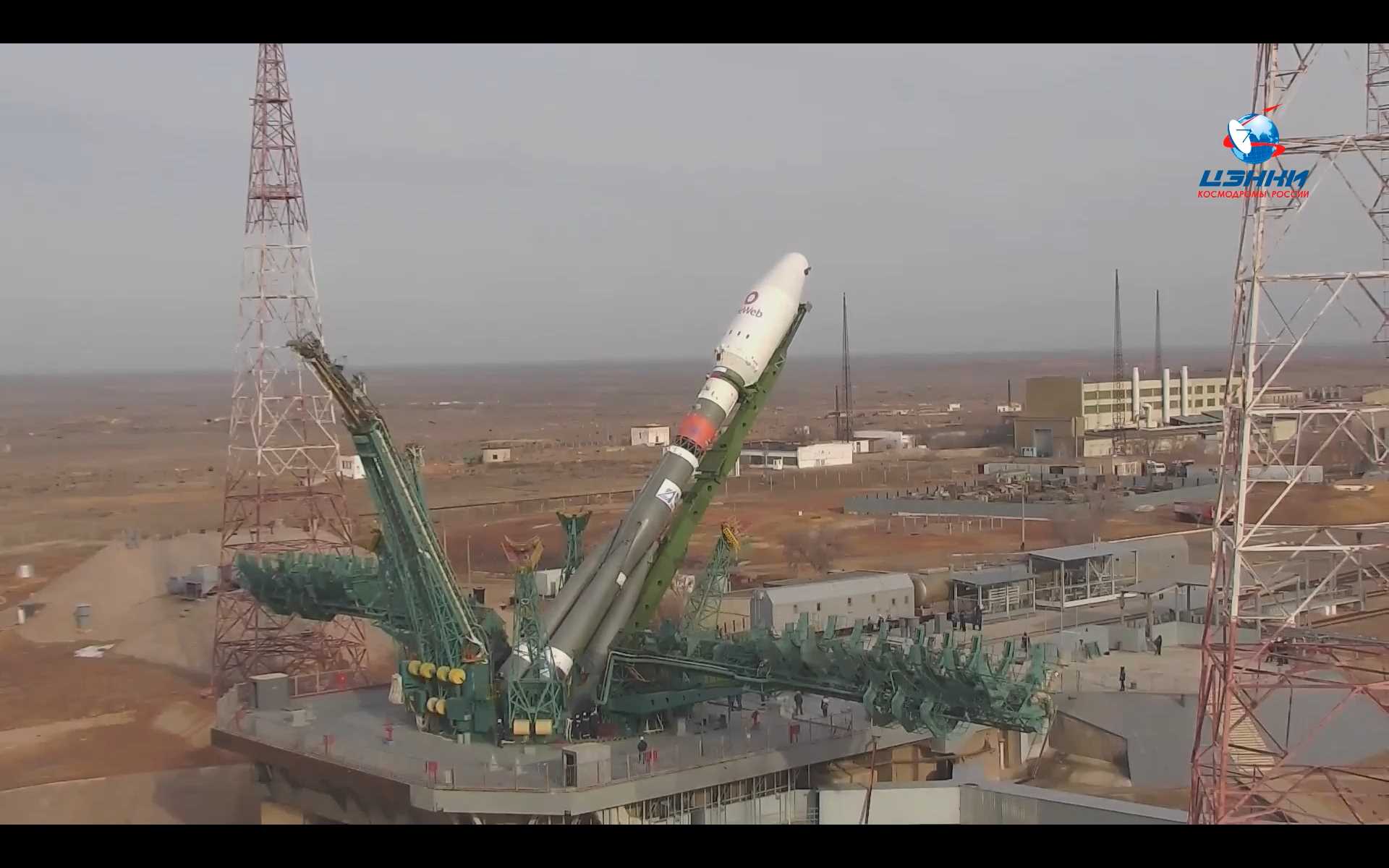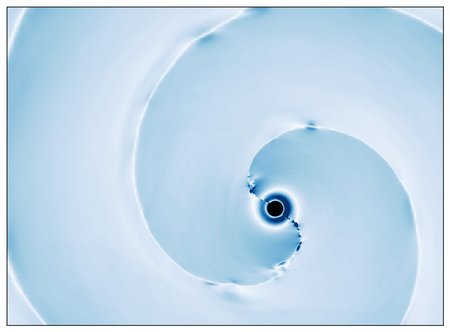Refresh
Ukrainian flag headed to space

American billionaire Jared Isaacman and three crewmates will take the Ukrainian flag to space and back later this year on his Polaris Dawn mission, a private spaceflight to be launched by SpaceX, as a show of solidarity with the people of Ukraine.
“We stand with Ukraine and its brave citizens and all those fighting for freedom across the world. The Polaris Dawn crew will take this flag to a place in space that still remains beyond the reach of tyranny,” program officials wrote in a Twitter statement.
Isaacman, who financed last year’s Inspiration4 private spaceflight with SpaceX, has bought three more missions on SpaceX rockets that will launch over the next few years. They include a SpaceX Crew Dragon flight that will include the first-ever private spacewalk by the end of 2022, a second flight on a Dragon capsule and the first crewed flight on SpaceX’s new Starship spacecraft. All three missions are being flown under Isaacman’s Polaris Program.
CERN to stop future collaboration with Russia
The European Organization for Nuclear Research (CERN), the science agency that oversees the Large Hadron Collider, will not enter into future science collaboration with Russian scientists after a Ukrainian scientists requests a halt to any Russian science cooperation due to that country’s ongoing invasion of Ukraine.
CERN made the announcement today (March 8) after a meeting of the CERN council. You can read the full story by Senior Writer Tereza Pultarova. Ukraine is a associate member of CERN while Russia is not a formal member of the organization.
“The 23 Member States of CERN condemn, in the strongest terms, the military invasion of Ukraine by the Russian Federation, and deplore the resulting loss of life and humanitarian impact,” CERN’s council said in a statement. “Deeply touched by the widespread and tragic consequences of the aggression, the CERN Management and personnel, as well as the scientific community in CERN’s Member States, are working to contribute to the humanitarian effort in Ukraine and to help the Ukrainian community at CERN.”
Russian space chief trades barbs with astronaut Scott Kelly

Dmitry Rogozin, the head of Russia’s Roscosmos space agency, traded Twitter barbs with former NASA astronaut Scott Kelly on Monday (March 7) amid the ongoing Russian invasion of Ukraine.
Kelly, who spent nearly a year aboard the International Space Station in 2015 and 2016 and returned to Earth on a Russian Soyuz spacecraft, has been a vocal opponent of Russia’s actions in Ukraine. On Sunday (March 6), Kelly tweeted in Russian that the country’s recent covering up of international flags on a Soyuz rocket carrying commercial satellites was harming Russia’s space program.
“Dimon, without those flags and the foreign exchange they bring in, your space program won’t be worth a damn,” Kelly wrote on Twitter. “Maybe you can find a job at McDonald’s if McDonald’s still exists in Russia.”
Rogozin responded with an irate tweet that read: “Get off, you moron! Otherwise the death of the ISS will be on your conscience!” That tweet was soon deleted, and Kelly asked for an explanation. “Dimon, why did you delete this tweet? Don’t want everyone to see what kind of child you are?” Kelly fired back in a tweet on Monday.
— Tariq Malik
Димон, ты почему удалил этот твит? Не хочешь, чтобы все увидели, какой ты в сущности ребёнок? pic.twitter.com/xSScT2cSGuMarch 7, 2022
Space partnerships fray amid Russia’s Ukraine invasion

In the days since Russia invaded Ukraine, the effects of the unprovoked attack on Feb. 24 has already reached into space.
A planned launch of a Russian Soyuz rocket on March 4 to deliver 36 OneWeb internet satellites into orbit was canceled after Russia demanded the United Kingdom government, which is a financial backer of OneWeb, divest its holdings in the company and offer assurance the satellites would not be used for military purposes. OneWeb responded by pulling its personnel from the Russian-led Baikonur Cosmodrome in Kazakhstan, where the mission was to launch from. The launch is on hold indefinitely.
Russia’s federal space agency Roscosmos has also halted all Russian Soyuz launches from Europe’s spaceport in French Guiana, which are conducted by the French launch provider Arianespace.
Germany’s space agency DLR has switched off a black hole-hunting instrument on a Russian satellite and halted science cooperation with Russia. DLR officials placed the eROSITA instrument in safe mode. It is riding on the Russian satellite Spectrum-Roentgen-Gamma.
Meanwhile, NASA and Roscosmos have both stated that operation of the International Space Station is continuing as usual. The station is currently home to four American astronauts with NASA, two Russian cosmonauts and one European astronauts. A new Russian crew of three cosmonauts will launch to the station later this month, with American astronaut Mark Vande Hei of NASA and two cosmonauts to return to Earth soon after on a Russian Soyuz spacecraft. — Tariq Malik and Chelsea Gohd
Here’s a roundup of the space impacts of Russia’s Ukraine invasion so far.
- U.S. President Joe Biden stated that U.S. sanctions imposed in response to Russia’s incasion will degrade Russia’s space program.
- Satellite images continue to reveal details about the war and military activity, as it is seen from space.
- A compilation of satellite images.
- Images captured by Planet (formerly Planet Labs).
- A 3D video created from high-resolution images taken by Maxar Technologies’ WorldView-3 satellite.
- Images from Maxar Technologies
- SpaceX CEO Elon Musk sent Starlink satellite internet equipment to Ukraine as Russian attacks damaged infrastructure and connectivity.
- U.S. launch providers are reconsidering how they source their rocket components. For example: Northrop Grumman’s Antares rocket has a Ukrainian-built first stage that’s powered by two Russian-made engines.
- Despite the ongoing conflict, NASA stated that it will continue to work with Russian space agency Roscosmos as a partner on the International Space Station.



